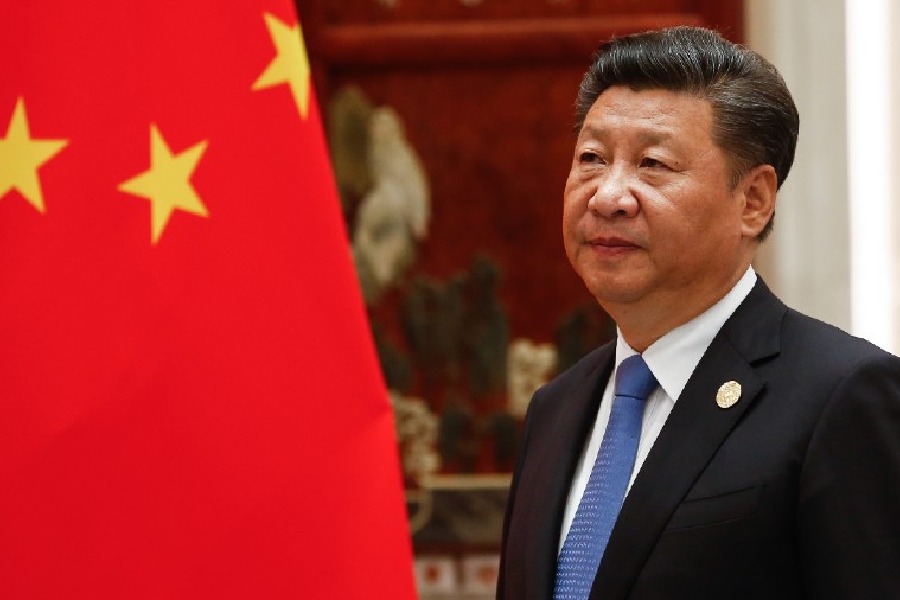Something is seriously wrong in China. Even as it goes on testing India’s military mettle and teasing the political leadership ruling the country, sneaking into its borders or claiming a whole bordering state as its own, it seems to have huge problems in its own backyard. Ironically, it is more a reflection of the leadership of President Xi Jinping, who has recently got the status equivalent to that of Mao Zedong, than of individual leaders who have been made to play second fiddle to him. China is now experiencing what some would like to compare with the purge during the infamous Cultural Revolution during Mao’s regime. The sudden disappearance from public life of two prominent leaders once handpicked by Xi himself – foreign minister Qin Gang and defence minister Li Shangfu – does have elements of the ruthlessness displayed during that previous dark chapter of China’s history.
The parallel is inevitable, though the stature of the two leaders is in no way comparable to Lin Biao whom Mao Zedong himself declared in 1971 to be his successor. But, he fell from grace, fled the country and was killed in an aircrash in Mongolia. True to the Chinese Communist Party’s legacy of secrecy, Lin Biao’s death was announced weeks after he had perished. The recent disappearances from China’s top echelons are but a pale shadow of what happened during the Cultural Revolution’s purge. These events show Beijing has not changed much so far as the character of the dictatorship of its supreme leader is concerned. What is worse is the fact that the conspicuous absence of the two leaders is now being explained in the state media as consequences of unpardonable moral turpitude and fraudulent acts as if to confirm the adage of giving a bad name to a dog before hanging it.
When Qin Gang, the foreign minister, could not be mysteriously seen in public in June, it created ripples in international politics because of his diplomatic role in world affairs. The authorities took nearly a month before confirming that he had been removed from his post. A few weeks later, he was followed by China’s defence minister, Li Shangfu who failed to attend scheduled meetings with foreign officials. Soon it was given out by official sources that he was being investigated over corruption in military procurement. In fact, two most senior generals in charge of nuclear and conventional land-based missiles had already been replaced at the beginning of August. One of them was said to be facing corruption charges.
Corruption, it seems, has become almost a way of life in China for years which prompted Xi, during his first few years as President, to virtually launch a crusade against it. His actions were one of the reasons for his popularity as the average Chinese citizens were fed up with the corruption of party bosses and functionaries throughout the length and breadth of the country.
As is seen in many other countries, whatever form of government they embrace, corruption is always used by the powers that be as a tool for political vendetta. Xi is no exception and he used it to cut his rivals or potential threats to his leadership to size. Recently, he has stressed the need to tighten party control of the army which may explain the absence of the defence minister and actions against high profile army generals.
In the case of Qin, Xi has reasons to project him as a threat to national security. Reports suggested Qin had a child with a woman to whom he is not married via a surrogate mother in the US. The woman’s social media posts, the fact that surrogacy is illegal in China, and the existence of a child with US citizenship might all be used by Xi as weighty reasons to fire him.
Yet, Xi cannot escape his share of blame for the supposed wrongdoings of the two. This is because they were his chosen men. His proven loyalists alone could occupy such high positions of power for the long periods they had. The question arises whether Xi’s assessment and judgement of his own loyalists was faulty. It is most unlikely that he could err on this score since such appointments are made on the basis of performances for years and intelligence clearances.
This makes the world suspect whether there is much more in these developments than what meets the eye.
